Stuart A. Barton is a writer and, like all writers, he has a story to tell. Life didn’t start for him until 36. By his own admittance, he spent much of his life up until that point “wandering around life aimless and drunk.” Then it happened– as it happens to all of us. He found a direction and followed it. Stuart is now a published author, family man, student and living proof that life can begin anytime you want it to. I wanted to share Stuart with you all. He is going places and that’s a fact. His latest book “Hunger” is currently delighting his readers and I hope some of you become Stuart A. Barton followers. I know I have become one..
Q) Hey, Stuart! So how has your day been?
A) Busy! Spent the last two days selling flowers with my florist wife. Today, I’ve been working on twenty pages of academic papers for online classes I’m taking. I’ve managed to sneak a little fiction writing in as well– only a couple of hundred words– but the day is still youngish. There’s always time for creation in the day.
Q) One of the things that fascinates me about writers is their thought process. What is going on inside your head right now? How do you create fiction ideas?
A) I work in short stories, and my imagination tends to stay in the near future. So I’m constantly seizing on things I see in the news and online and wondering how our lives might change based on the details I pick out.
Q) What’s in the news right now that sparks your imagination?
A) Well, the meteor in Russia, of course. That’s like candy for someone who enjoys science fiction like I do. It poses a lot of scenarios to play on. The glaring question is, what happens if a larger one hits us, or another disaster befalls us, before we’ve expanded outward from Earth in a meaningful way? I’ve already played on this in a short story entitled Adversary, in which a deserted Earth becomes a bogeyman in the religion of a space dwelling humanity.
Q) How about aliens taking this opportunity to invade? That could be an interesting theory, too. Don’t you agree?
A) Or they could simply be the ones pushing the meteor or asteroid into us. Niven and Pournelle played on that with their Footfall novel. Aliens are wonderful vehicles for fiction. You can use an ‘alien’ mind to explore any aspect of humanity by exaggerating it or absenting it from the aliens you invent.
Q) Do you prefer writing about good or evil aliens? The saviours or destroyers of humankind?
A) For me, the best aliens come in shades of gray, and the best human characters as well. There has been good fiction written where good and evil are sharply defined and separate. There can be good reasons for writing like that, especially if you’re trying to make a particular point. For me, though, the most engaging figures follow a sort of yin-yang principle. The evil contains a spark of good, the good a spark of evil. Often my aliens are simply going on about their business and the reader is left to decide what they think of the aliens. There’s a story in my Hunger collection entitled ‘His Halo’ in which aliens act to sow chaos on Earth. It would be easy to call them evil. On the other hand, they’re doing it in part to protect themselves, fearing what humans might do if they were free to achieve spaceflight.
Q) That sounds fascinating to me. You must put a lot of thought into your writing. Do these ideas just flow or does it take time?
A) My problem isn’t so much coming up with ideas but sorting through them. I keep a notebook with me as I go about my day, and there’s a notebook that lives next to the bed so I can jot down ideas as they come. I have quite a few two or three sentence premises. A lot of them, I’m not sure what to do with; but when ideas won’t come, I pick these notebooks up and go through them. Developing them takes time, and writing them does, too. I often get halfway through a story and need to put it down for a week or a month, and work on something else until I can come back fresh and finish it.
Q) Many writers struggle with writer’s block. How do you combat it, other than using the notebooks?
A) If it’s short lived, two or three days, I take it as part of the cycle of writing. I’ll sit down with whatever story I’m working on and reread it, see if I can jog some more words loose. If a block lasts much longer than that, I’ll write regardless, just get some words on the page. That will often get me going again, although it often leaves me with a big chunk of work to cut out. I’ve thrown out blocks of a thousand or two thousand words that I forced myself to write. There’s usually part of it that I can save and use, that gets me writing again.
Q) Has writing always been one of your dreams? Or is it something you just grew into over time?
A) It was always my dream to tell stories, or at least it has been since I was in first grade trying to read my father’s science fiction books. I wrote a little in my childhood and teens, but never seriously. I don’t think I had enough confidence in myself to believe that others would read them–instead, I invented plots for sessions of role-playing games and entertained my friends. I never stopped reading other peoples’ stories and thinking about what I could write, though. A few years ago, I watched my mother decide that what she had always wanted to do is paint, and she made (and is still making) a serious effort to get her work out there. So I thought to myself, “Why can’t I do that with my own dreams?” Her example and my wife’s encouragement led me to give it a try. I knew I couldn’t do it halfway. It had to be a real try, with serious effort and persistence. I’ve been writing seriously for a couple of years now.
Q) How has the literary experience been for you? Has it been rocky? Smooth? Enlightening?
A) On the whole, I’d have to say enlightening. I do put a lot of thought into my work and I’d have to say that every story is a learning experience. Not just learning my craft as a writer, but thinking more deeply about some aspect of the human experience. That sounds terribly deep and important, but it’s just as simple as the fact that to write about something, I have to think more deeply about my subject than I otherwise would. I don’t know that it’s been particularly rocky or smooth. It certainly hasn’t been a financial windfall, and at times paying the bills is a challenge; but that’s no different than it was before I started writing, so no loss. People are beginning to read what I put out there so I’m hopeful.
Q) So tell me about your published work. What do you have out there on sale right now?
A) I currently have over 30 short stories out as individual e-books on Amazon and all of the various outlets that Smashwords distributes to, like Barnes & Noble and Apple’s iBookstore. The count is a bit lower on Amazon as several of my titles are free. I also have three collections available. The latest, Hunger, is also out in paperback through Amazon.
Q) How do you find gaining sales? Is it harder than you expected or easier?
A) I wish I knew who said it, but I remember reading a quote about being a professional author: “The first seven years are the pits.” I’m seeing sales grow slowly. I’m still in the nickel and dime stage. I have a few sales each week, and of course the movement of the free stories exceeds what I sell. I’m hoping to beat the seven year yardstick that that quote establishes. I’d love to be able to dedicate all of my working time to writing.
I’d have to say that my experience has been about what I expected, a slow buildup.
Q) I have to ask,Stuart. Why did you agree to an interview with me?
A) I was extremely pleased to be asked. It’s a great opportunity to let more people know that I’m here. Speaking as a reader, I’ve also been interested to find out a bit more about any author I’ve read, big name or not. I like to read interviews and biographies, to see what makes creative people tick, what drives them. So as a reader, interviews like this are part of what I like to read. It’s interesting to experience the interview process from the other side.
Q) As a reader, who do you enjoy reading? Who inspires you?
A) I’m a big fan of the old big names in science fiction. I grew up reading Heinlein, Asimov, Niven, Blish, and many others. I still love them and go back and re-read their work from time to time. There are a couple of Steinbeck titles that I find especially inspiring as well. Everyone has read Grapes of Wrath, or it seems like it to me… but his In Dubious Battle has to be my favorite.
Q) If you could have written any book from any time period, what would it have been?
A) That’s a tough one. If I had to pick just one, though, it would have to be Heinlein’s Stranger in a Strange Land. What he does there is a masterful and sweeping example of what I try to do as an author: to pick out the foibles of our society and the way we think. To play with our assumptions and point them out to the reader in a way that makes the reader really think hard about his or her assumptions about life. Even more importantly, to do it in a way that is entertaining and interesting.
Q) If you were a reader who wanted to read the work of Stuart A Barton, which story would you start with?
A) Another tough question. I feel a little like I’ve been asked to pick my favorite child. I’d go for Labor of Love first, though. It’s a very short story, under 2,000 words, and it’s part of the ‘Hunger’ collection. I’d pick that one to begin with because I’d have to say it’s the one that gives the reader the deepest look into my own past. It’s a story about addiction and failure, and it has a strong autobiographical element. It’s a story that sprang from the alcoholism that I suffered through and finally escaped.
Q) You’ve been through a lot and I’m sure you’ve been asked this a lot. How would you describe the man you are today?
A) I’d have to go with a very simple answer: I’m an adult with a family, a dream, and a lot of writing to do. Which seems like a silly answer to me, but it’s the plain truth. Looking back, I spent a lot of time being an overgrown child. Until roughly age 36, I wandered through life, aimless and drunk most of the time. The last six years have been years of explosive growth for me as a responsible human being. I am dedicated to growing and learning for all the years I have left to me.
Q) Thank you for those wonderful words, Stuart, and thank you for a great interview!
A) Thank you. It’s been my pleasure.
It strikes me that we all have a purpose. I don’t think the purpose of any life becomes clear until it becomes clear. I have felt directionless at times, but a few steps forward and you can start to find your way. I think Stuart is a prime example of a man who found his purpose and ran with it. When a writer acts professionally, writes professionally and strives to create– I think that’s a writer who’s found their calling…

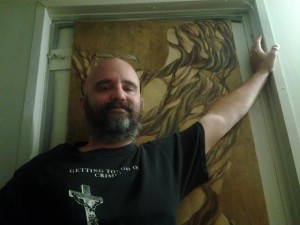



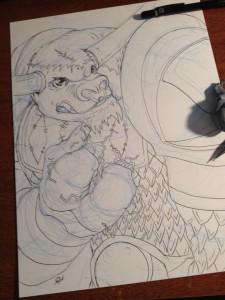
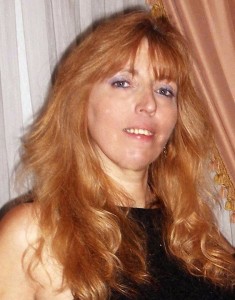
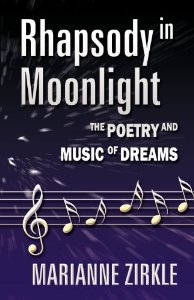



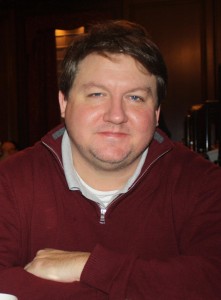
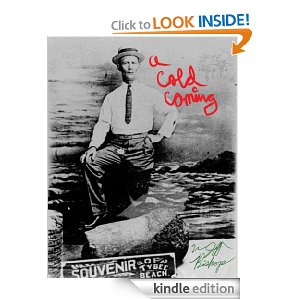
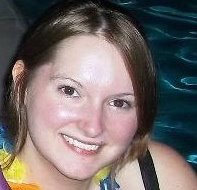

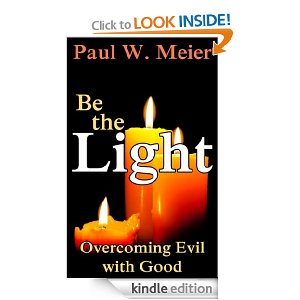
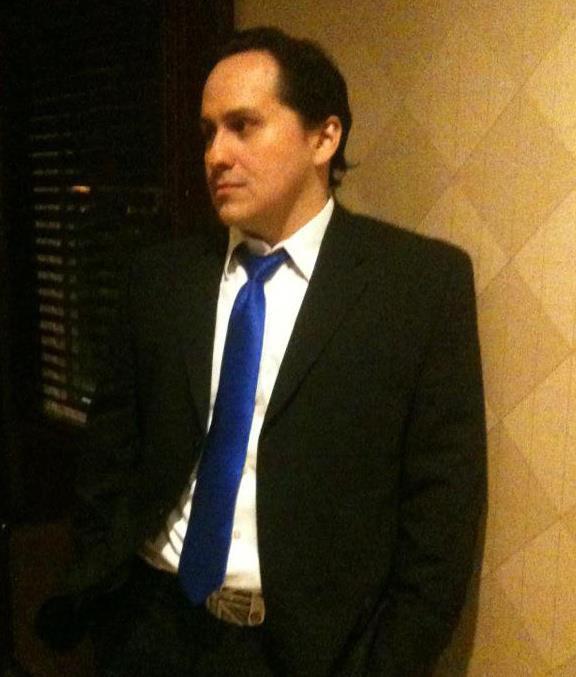
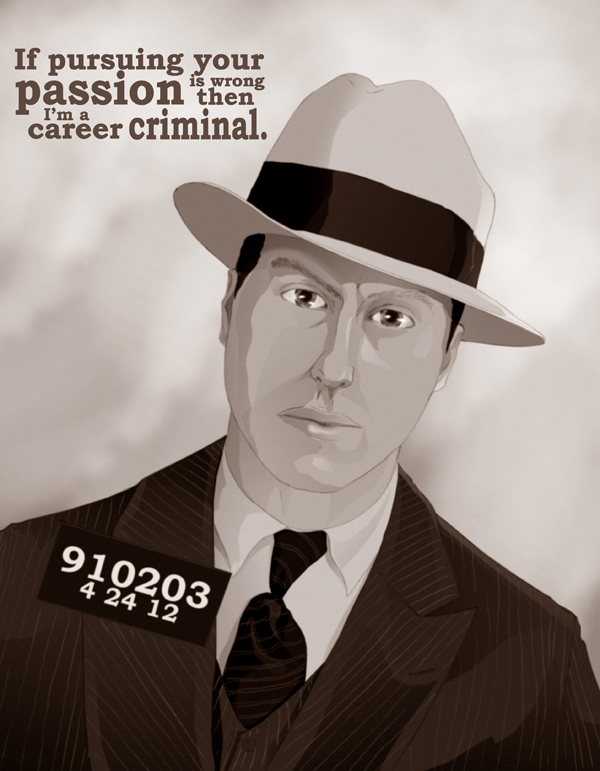
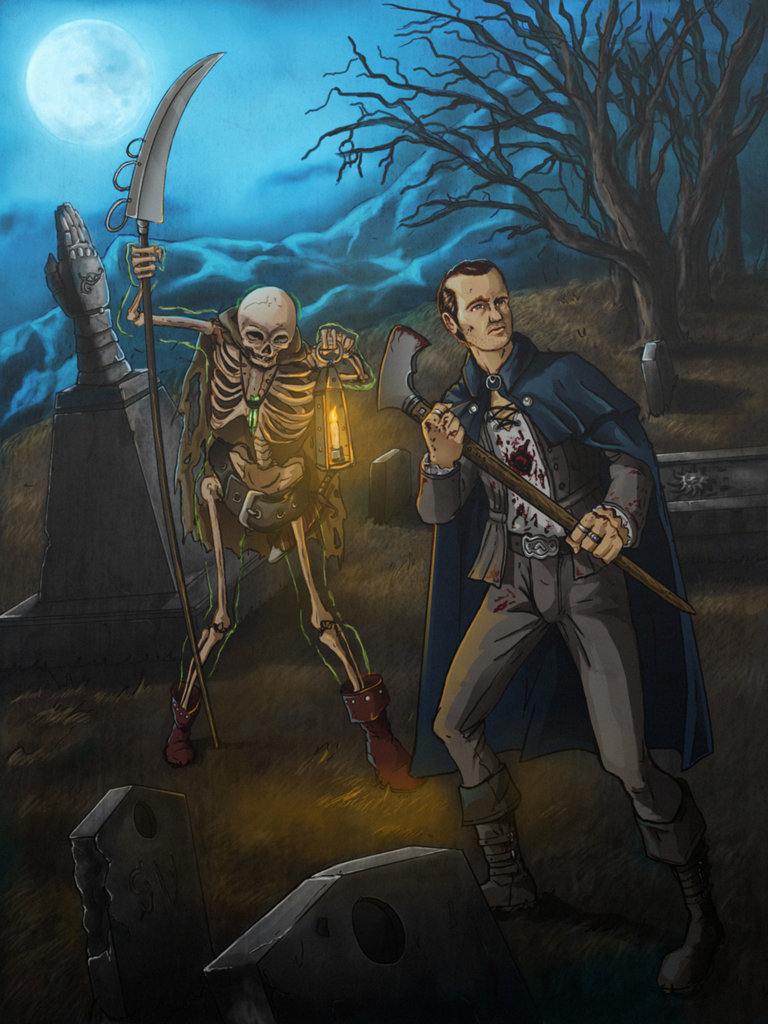
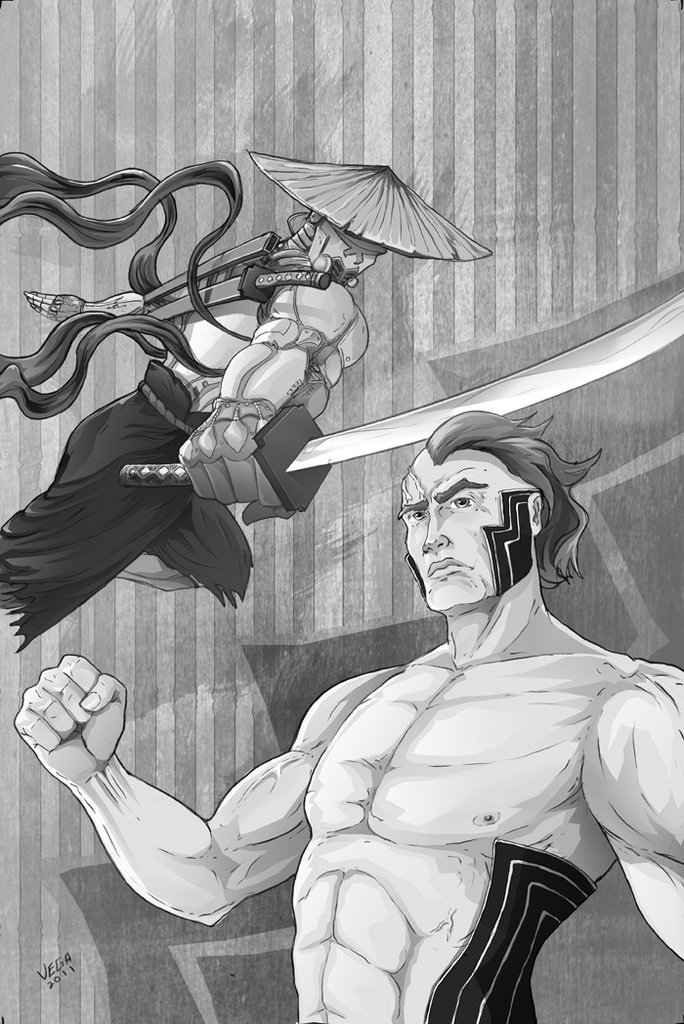
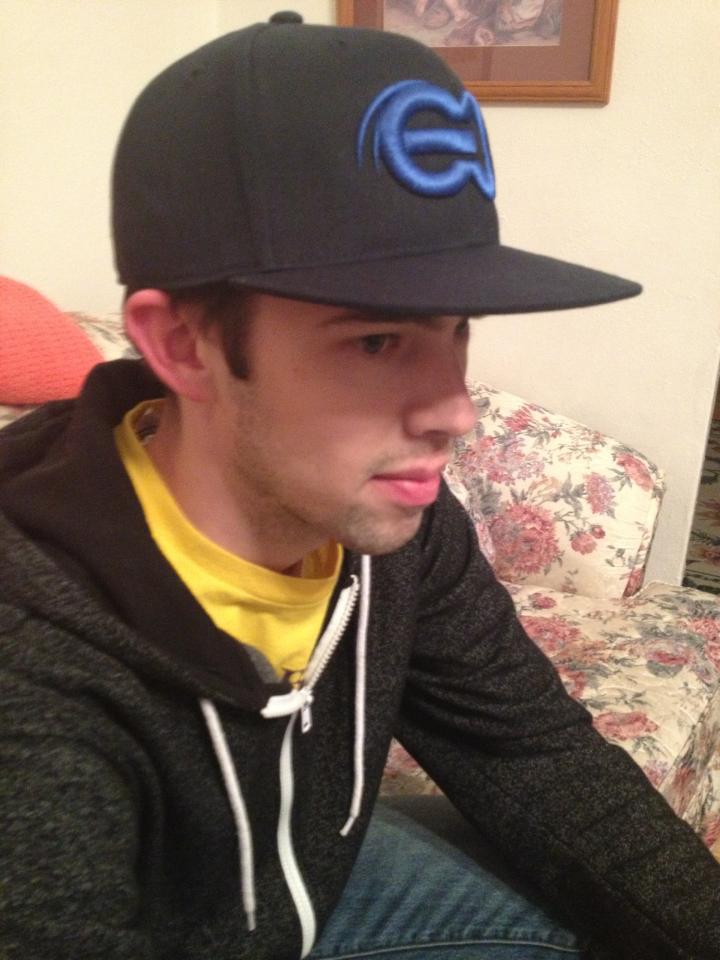
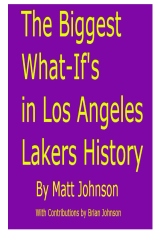
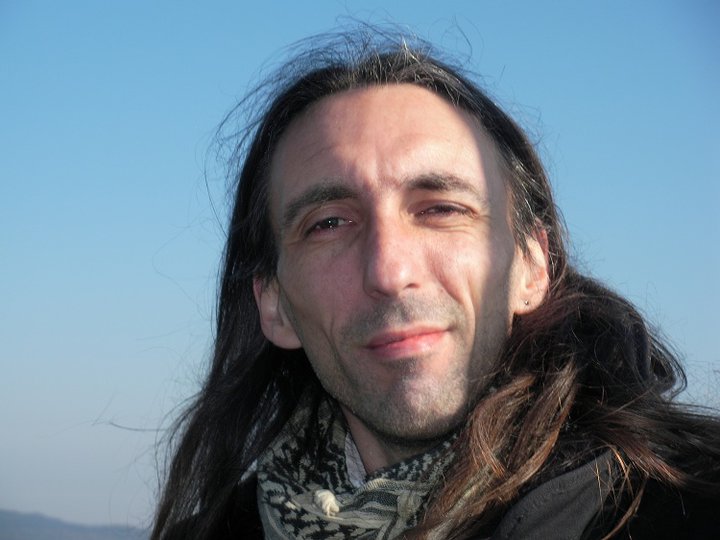
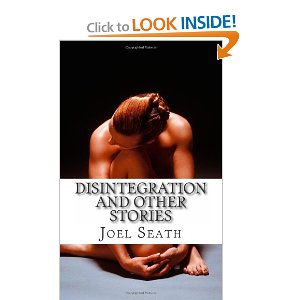


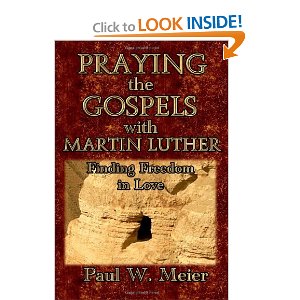
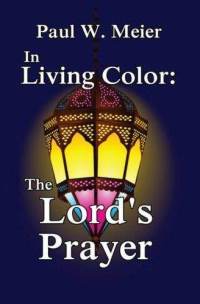

Recent Comments